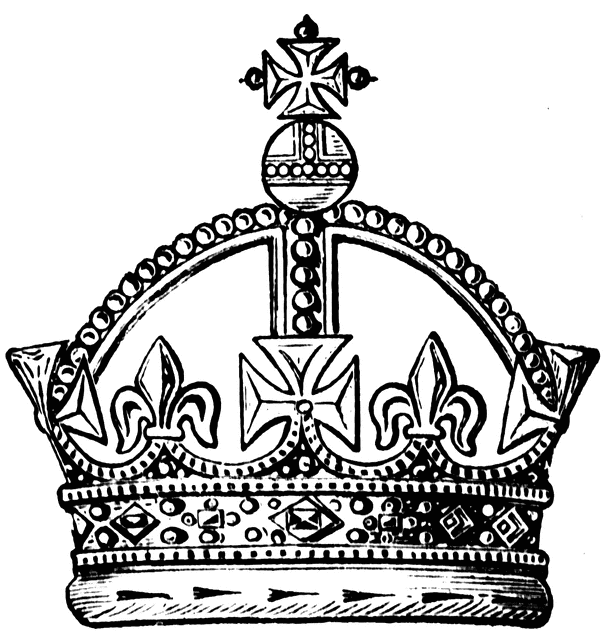"the Catholic Church, the Catholic Church, the Catholic Church"

There is a classic scene in "Life of Brian" where they say: "Why do you keep going on about women, Stan?" and Stan (after a moment's hesitation) says: "I want to be one."
PE wants to know why, in conversation with Protestants, we keep on going on about "the Catholic Church, the Catholic Church, the Catholic Church." He says that this tendancy proves we Catholics make a "God" out of the Church. It all ends up with "sola ecclesia".
Why DO we keep going on about the Catholic Church? The reason is very simple. Let's try an analogy.
Imagine a Lutheran in conversation with a Calvinist. The Calvinist and the Lutheran will both agree on many things. They will certainly agree that justification is by faith alone and that the bible is the sole source and norm of all Christian doctrine. They might even agree on infant baptism. But they will part company on a crucial issue--the same crucial issue that Zwingli and Luther parted company on back in 1529, namely: the Lord's Supper.
As Martin Luther did then, so today. In dispute with a Calvinist (or any other species of Reformed Christian) the real presence of Christ in the Lord's Supper, that is, the insistance that when Christ said "This is my body" he meant that the bread of the Lord's Supper is his true body born of the Virgin Mary etc., will be the crucial issue. Unless the Reformed/Calvinist can assent to this, they cannot be in communion with the Lutherans.
As Zwingli did then, the Calvinist/Reformed Christian will today say to the Lutheran: Why do you keep going on about the Real Presence? "The Real Presence, the Real Presence, the Real Presence." Don't you think that you might not be making a "God" out of the Real Presence? Aren't you making this "sola the Real Presence"?
To which, in reply, the Lutheran can only shake his head and say "My Calvinist friend doesn't get it. How can he say that I am "making a god" out of the Real Presence when the Real Presence IS my God in flesh and blood? How can I conceive of a Christianity without the Lord's Supper? Without the Real Presence of Christ's body and blood in the Lord's Supper there is no church."
So you see? In the Lutheran view (Catholic too, but that is irrelevant here), the Real Presence is essential to the Christian faith. But the Calvinist/Reformed Christian denies this essential element. Therefore, in the dialogue with one another, this will be the chief issue between Reformed and Lutheran Christians.
The analogy is this: in the dialogue between Catholic and Protestant Christians, the necessity of the Catholic Church per se is the point of contention. We go on and on about "the Catholic Church, the Catholic Church, the Catholic Church" because it is the point on which we differ. We could go on about "The Holy Trinity, the Holy Trinity, the Holy Trinity", or "Baptism, baptism, baptism", or "faith, faith, faith", or "Christ, Christ, Christ", but the essential necessity of these for our faith is not in dispute between us.
The essential neccesity of the Church IS. And that is why we keep banging on about it.











.JPG)







